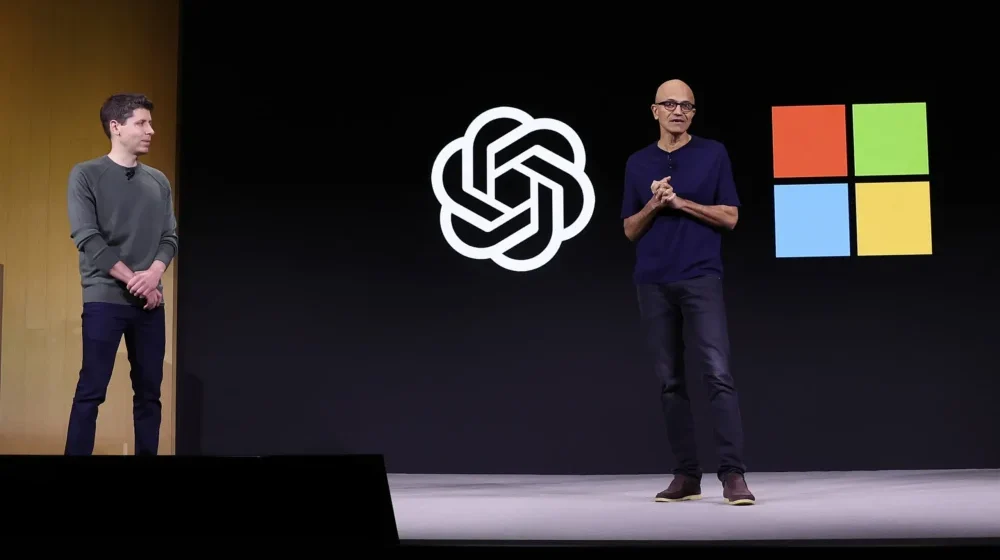US-based AI startup OpenAI and its biggest investor Microsoft are ramping up their efforts to power future AI models that would require a substantial amount of computing power. As such, the two companies are now planning to invest a whopping $100 billion into building an AI supercomputer called Stargate. Stargate is expected to become operational in 2028, as per a recent report from The Information.
The swift uptake of generative artificial intelligence technology has precipitated a sharp increase in the need for AI data centers. These specialized centers are equipped to undertake far more sophisticated operations compared to standard data centers.
This ambitious project will most likely be financed by Microsoft and the cost of this project is expected to go 100 times beyond those of existing data centers, as per The Information’s report which cites insider sources familiar with the matter.
Stargate is a project that would take up to 6 years to complete and it would make the biggest supercomputer these companies are looking to build. As mentioned earlier, the two companies will invest up to $100 billion into this project, according to a person who managed to view one of Microsoft’s initial cost estimates and another person who spoke to OpenAI CEO Sam Altman on the matter. The report does not identify these sources.
The Information adds that the Stargate project will be divided into different phases and the supercomputer is part of the 5th phase. Microsoft is also working on a smaller supercomputer for OpenAI that is set to deploy sometime around 2026. This will be a part of the project’s 4th phase.
At the time of writing, OpenAI and Microsoft are in the third planning phase of the five-phase project. The next two phases of the project are expected to incur significant costs due to their significant demand for AI chips.
AI chips frequently come with hefty price tags. In an interview with CNBC earlier in March, Nvidia’s CEO, Jensen Huang, revealed that the company’s newest AI chip, dubbed the “Blackwell” B200, would be marketed in the price range of $30,000 to $40,000.
In November of the previous year, Microsoft disclosed the development of two custom computing chips.
It has been reported that the upcoming project aims to be compatible with chips from a variety of manufacturers.






